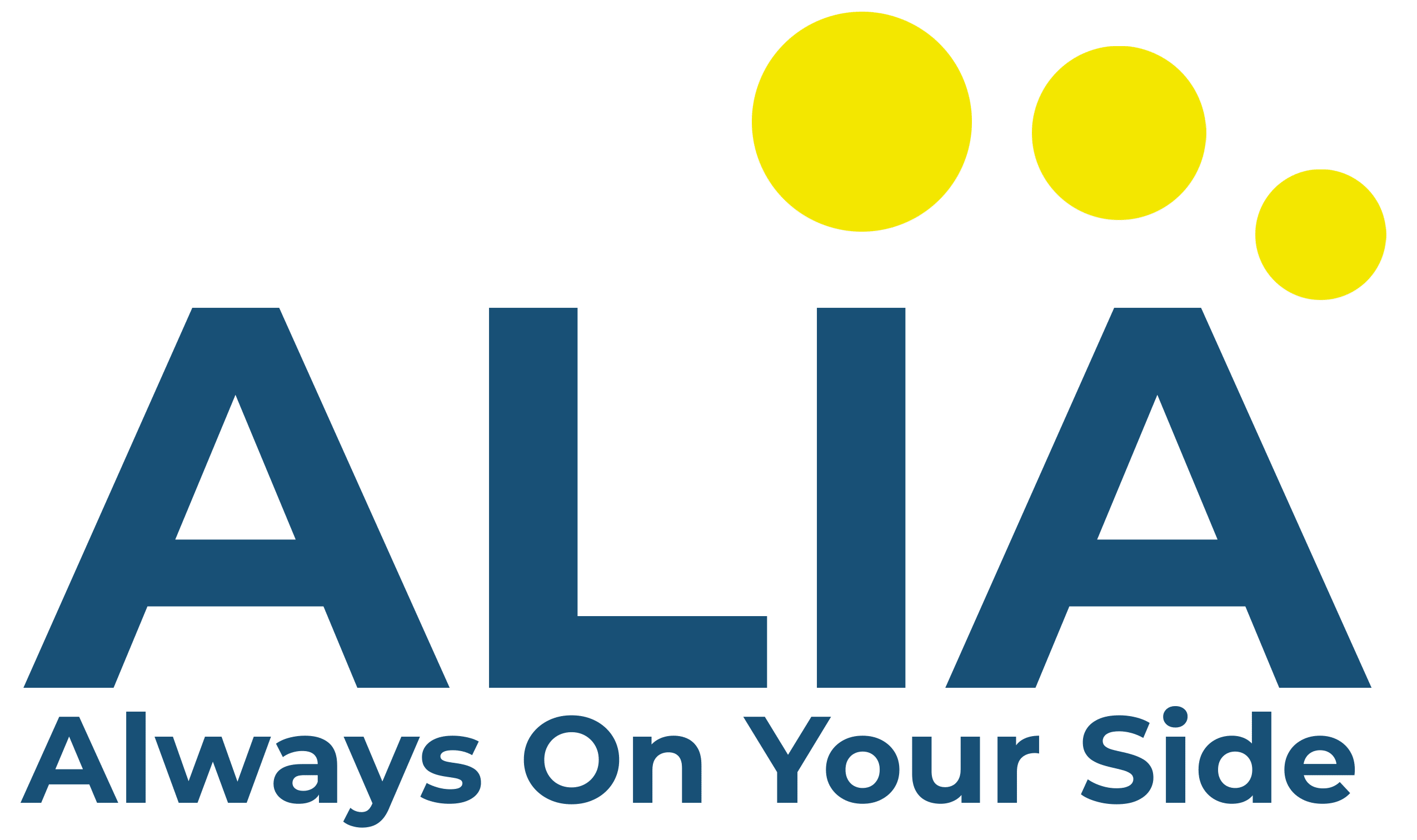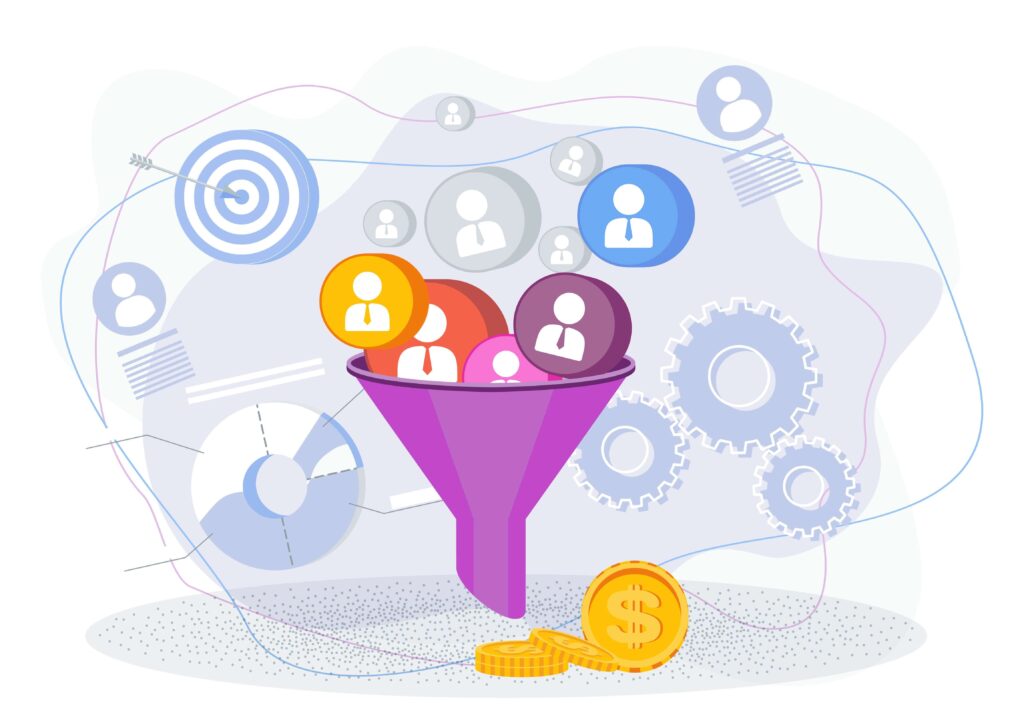
Creating an Effective Life Insurance Sales Strategy
Selling life insurance can be one of the most challenging aspects of being a life insurance salesperson. You must develop an effective insurance sales strategy to sell life insurance successfully. This means creating a sales process that guides clients through the decision-making process. A successful sales process typically consists of several stages: lead generation, lead qualification, needs analysis, and proposal presentation.
This article will explore why selling life insurance is important, how to develop an effective sales strategy, and how Art Life Insurance Agency can help you get started. Whether you’re new to the insurance sector or an experienced professional looking for tips on improving your sales approach, this guide will provide all the insight you need to succeed. So let’s dive in and start selling life insurance with confidence!
Why Sell Life Insurance?
Life insurance is considered a critical tool for financial planning and ensuring the long-term security of your loved ones. By selling life insurance, you are providing a valuable service to clients who want peace of mind knowing that their family’s financial needs will be taken care of should they unexpectedly pass.
As a life insurance agent, you will have the chance to help people safeguard their families from the financial hardships that can arise from an unexpected death. You can offer different types of policies that fit your client’s needs, from term life insurance to permanent life insurance with cash value.
You can build trust and establish life-long relationships by educating clients about their options and offering tailored solutions. Selling life insurance can be a rewarding career that enables you to make a meaningful difference in people’s lives while earning a good income.
Types of Life Insurance Policies You Can Sell
With a variety of different types of life insurance policy plans available, it can be challenging for your clients to determine which policy is right for them. In this section, we will outline the different types of life insurance policies you can sell as an insurance agent to help your clients make informed decisions.
1. Permanent Life Insurance
Permanent life insurance policies provide lifelong coverage but usually have higher premiums. This type of policy builds cash value as time goes on, which can be borrowed against or withdrawn by the policyholder. There are a few different types of permanent life insurance policies that you can sell, including:
- Whole Life Insurance: This policy provides a fixed premium and a guaranteed death benefit. The cash value in this policy grows tax-deferred, and you have the ability to borrow against it or withdraw it.
- Universal Life Insurance: Universal insurance policies offer increased flexibility in premium payments and death benefits compared to whole life insurance. The policy’s cash value is invested in various accounts, such as stocks and bonds, and can be accessed through withdrawals or loans.
- Variable Life Insurance: This policy allows the holder of the policy to invest the cash value of the policy into various investment accounts, such as mutual funds, stocks, or bonds. Death benefits and cash value can change based on the overall performance of the investments.
2. Term Life Insurance
A term life insurance policy can provide coverage for a set period of time (10, 20, or 30 years). Premiums for term life insurance policies are usually lower than those for permanent life insurance policies. Once the policy term ends, the coverage ends unless the policy is renewed. There are a few different variations of term life insurance, including:
- Level Term Life Insurance: This policy offers a fixed premium and a guaranteed death benefit for the length of the policy term.
- Decreasing Term Life Insurance: This policy offers a death benefit that decreases over time but typically has lower premiums than level term life insurance policies.
3. Final Expense Life Insurance
Final expense life insurance policies, also known as a burial or funeral insurance, are designed to cover the costs associated with expenses such as funeral and burial costs. These policies typically have lower death benefits and premiums than permanent or term life insurance policies.
4. Accidental Death and Dismemberment Insurance
Accidental death and dismemberment insurance policies provide coverage in the event of a catastrophic accident resulting in death or dismemberment. These policies typically have lower premiums compared to other types of life insurance policies.
As an insurance agent, you have access to a broad range of life insurance policies to offer your clients. By understanding the different types of life insurance policies available, you can help your clients choose the right policy to meet their needs and budget.
Understanding the Sales Funnel
The sales funnel is a fundamental marketing concept that describes the process of turning prospects into customers by guiding them through a series of stages. Understanding the sales funnel is an essential part of any successful insurance sales strategy. A sales funnel is a visual model of a customer’s journey from first learning about a product or service to making a purchase.
The funnel has three main parts: the top, middle, and bottom. This process guides customers through a flow of awareness, interest, consideration, intent, and purchase. At the top, prospects become aware of a brand and its products or services. In the middle, they show interest and consider making a purchase. At the bottom, they make a decision and become customers.
In the case of life insurance sales, the top of the funnel could be social media ads, blog posts, or other forms of content that raise awareness of the importance of life insurance. In the middle of the funnel, potential customers may visit a website or talk to an agent to learn more about the available options and features. At the bottom of the funnel, customers make a decision and purchase a policy that suits their needs. By using the sales funnel as a guide, life insurance agents can attract and convert prospects into loyal customers.
At each stage, customers are presented with different types of content or offers in order to move them further down the funnel toward conversion. By understanding how to optimize each stage of the sales funnel, you can create more successful campaigns that drive higher conversion rates and increased revenue for your business.
Choosing a Life Insurance Sales Strategy
There are many different sales strategies that insurance agents can use to sell life insurance. By using a combination of these strategies and tailoring them to each individual customer, agents can increase their chances of making a sale and building long-term relationships with their customers. Here are some of the most effective sales strategies that can be used to sell life insurance.
1. Needs-Based Selling
Needs-based selling is a sales strategy that focuses on identifying the unique needs and circumstances of each individual customer. This involves understanding the customer’s financial situation, lifestyle, and future goals to determine the type of life insurance policy that would best suit their needs. By tailoring the sales pitch to each customer, agents can build a strong relationship with them and increase the chances of a sale.
2. Educational Selling
Educational selling involves providing customers with in-depth information about life insurance products and their benefits. This strategy is particularly effective for customers who need to become more familiar with life insurance and its various features. Agents can use a variety of educational tools, such as brochures, videos, and online resources, to help customers understand the importance of life insurance and the different types of policies available.
3. Solution-Based Selling
Solution-based selling is a sales strategy that focuses on identifying and solving the customer’s problems. This approach involves asking probing questions to understand the customer’s needs and then presenting them with a tailored solution. By offering the customer a solution to their problem, agents can build trust and credibility, increasing the chances of a sale.
4. Referral Selling
Referral selling involves leveraging existing customer relationships to generate new business. This strategy is based on asking satisfied customers for referrals to their friends and family. Referral selling is particularly effective because it relies on personal relationships and recommendations, which can be more powerful than traditional advertising.
5. Relationship Selling
Relationship selling is a long-term sales strategy that focuses on building solid relationships with customers over time. This approach involves staying in touch with customers, providing them with valuable information and resources, and building trust and credibility. By building strong relationships with customers, agents can increase the chances of repeat business and customer referrals.
Tips for a Successful Life Insurance Sales Strategy
When it comes to selling life insurance, having a solid sales strategy can make all the difference. While selling life insurance may seem daunting, the following tips and techniques can help you increase your sales and achieve success in this field.
1. Know Your Product
One of the most critical strategies for selling life insurance is knowing your product. Each type of policy has its own unique features and benefits. To effectively sell life insurance, you need to understand these differences and be able to communicate them to your clients.
It’s also important to know your clients’ needs. Each person’s situation is different, and what applies to one person might not apply to another. By understanding your client’s needs, you can recommend the best policy for them.
2. Target Your Ideal Target Customer
To succeed in selling life insurance, you need to identify your ideal customer. Who are they? What are their needs and pain points? Once you’ve determined your perfect customer, you can tailor your marketing efforts to reach them.
One way to identify your ideal customer is to analyze the demographics of your existing clients. This will give you insight into the type of people who are most likely to purchase life insurance. You can then use this information to create a client profile and develop marketing messages that resonate with your target audience.
3. Build Trust
Building trust is essential in any sales process, and it’s imperative when selling life insurance. Clients need to feel confident that they’re making the right decision when purchasing life insurance. To build trust, you need to establish credibility by showcasing your knowledge and expertise.
You also need to develop relationships with your clients. This means listening to their concerns and addressing any objections they may have. By building a rapport with your clients, you can build trust and establish long-term relationships.
4. Leverage Technology
Technology can be a powerful tool in selling life insurance. By using technology, you can streamline the sales process, create an online presence, and generate leads. One way to use technology is to create an engaging website that showcases your services and expertise. You can also use social media to generate leads and build relationships with potential clients.
5. Network
Networking is another vital strategy for selling life insurance. By joining professional organizations and participating in industry events, you can build relationships with other professionals in the industry. These relationships can lead to referrals and new business opportunities.
Building a referral network is also essential. You can do this by developing relationships with other professionals in related industries, such as financial advisors and attorneys. By working together, you can refer clients to each other and grow your businesses.
The Hallmarks of a Successful Sales Strategy
While there are many different approaches to sales, the most effective strategies share certain hallmarks that help ensure their success. The following are some key elements of a successful sales strategy:
- Clearly defined goals: A successful sales strategy starts with a clear understanding of the goals you want to achieve. This includes specific sales targets, revenue goals, and key performance indicators (KPIs) that will help you measure your progress.
- Targeted messaging: Your sales messaging should be tailored to your target audience and focused on the specific needs and pain points they face. By addressing these concerns directly, you’ll be more likely to capture their attention and win their business.
- Multi-channel approach: A successful sales strategy leverages a wide variety of sales channels, including email, social media, phone, and in-person meetings, to reach customers where they are most likely to engage.
- Consistent branding: Your sales messaging should be consistent across all channels, with a strong brand identity that resonates with your target audience.
- Relationship building: Successful sales strategies are built on solid relationships with customers. This means going beyond transactional interactions to establish a deeper connection based on trust and mutual understanding.
- Continuous improvement: A successful sales strategy is constantly evolving, with a focus on continuous improvement and optimization. This means regularly reviewing your results, testing new approaches, and refining your tactics based on what works best.
By focusing on these fundamental elements, you can create a sales strategy that drives growth and helps you achieve your business objectives.
How Art Life Insurance Insurance Agency Can Help
At Art Life Insurance Insurance Agency, our mission is to help individuals seeking a career in life insurance sales. We are proud to offer services, including training and mentorship programs, to help aspiring agents succeed in the industry.
One of the primary areas that we excel in is with helping life insurance agents develop effective sales strategies. Our team works closely with agents to create customized sales strategies that are tailored to their specific needs and goals. We provide guidance on everything from prospecting to closing sales, and our strategy system, which has been proven to be successful time and time again.
We understand that the life insurance industry can often be complex and overwhelming. That’s why our team of experienced agents are dedicated to providing customized guidance and advice for each individual client. With Art Life Insurance Agency on your side, you can be confident in knowing that you will receive the best insurance sales training possible.
The Agency Builder Program
As a part of our commitment to helping life insurance agents succeed, we offer a comprehensive program called the Agency Builder Program. This program is designed to provide agents with the tools and training necessary to take their businesses to the next level.
The Agency Builder Program includes a variety of resources, such as sales training, marketing support, and ongoing coaching and mentoring. Our team of experts works closely with agents to help them develop the necessary skills and strategies needed to grow their businesses and achieve success.
Through the Agency Builder Program, agents will learn proven sales techniques, effective marketing strategies, and best practices for building and maintaining client relationships. We also provide our support and guidance to ensure that agents are able to continue to grow and thrive in their careers.
Start Selling Insurance With Art Life Insurance Agency
Selling life insurance can be challenging, but by following these seven winning strategies, you can improve your sales process and increase your chances of success. Remember to know your product, target your ideal customer, build trust, develop a sales strategy, leverage technology, create a strong network, and consider partnering with Art Life Insurance Insurance Agency.
By partnering with us, you can gain access to a range of resources and support to help you succeed in the industry. We are committed to providing exceptional agent support and one-on-one assistance for our agents to reach their goals.
If you’re looking for a career in life insurance sales, contact us or schedule a call with one of our experts here at Art Life Insurance Insurance Agency to learn more about how we can help you succeed.
FAQs
What are some common objections that potential clients may have about life insurance, and how can I overcome them?
There are several common objections that potential clients may have about life insurance, such as:
- Cost: Many people believe that life insurance is expensive and they cannot afford it. However, life insurance premiums can be quite affordable, especially if purchased at a younger age or with a lower coverage amount. It’s important to explain the different types of life insurance products available and help clients understand how the premiums are calculated.
- Not a priority: Some people may not see the value in purchasing life insurance, as they may not believe it’s a priority or necessary expense. It’s important to explain the potential financial burden that could be placed on their loved ones if they were to pass away without adequate coverage. It’s also important to emphasize that life insurance provides peace of mind and protects their loved one’s financial future.
- Health concerns: Some people may believe that they cannot get life insurance due to health concerns or pre-existing conditions. However, there are many life insurance products available that do not require a medical exam or have limited underwriting requirements. It’s critical to explore all options and find a policy that works for the client’s unique situation.
- Trust issues: Some people may have trust issues with insurance companies or agents. It’s essential to be transparent and honest with clients, answer their questions, and address any concerns they may have. Always remember to build client relationships based on trust and honesty to overcome any objections.
How can I stay up-to-date with changes and trends in the life insurance industry?
One way to stay informed is by subscribing to industry publications such as Life Insurance Selling, Insurance Journal, or National Underwriter. Attending industry conferences, workshops, and seminars can also be beneficial, as they provide opportunities to network with other agents and learn about new products and industry trends. Finally, continuing education courses can help agents stay current with changes in regulations, tax laws, and other industry developments.
How can I differentiate myself from other life insurance agents and stand out in a competitive market?
To differentiate yourself from other life insurance agents and stand out in a competitive market, you must remember to develop a unique value proposition that sets you apart. Consider your personal strengths and areas of expertise, and focus on constructing a niche within the industry.
For example, you may specialize in providing life insurance for small business owners or in helping families with special needs children plan for their financial future. Creating a strong online presence through social media, a professional website, and email marketing can also help you reach potential clients and establish credibility.



